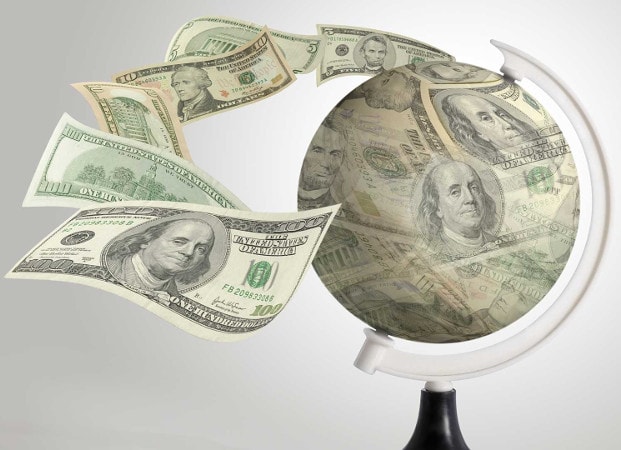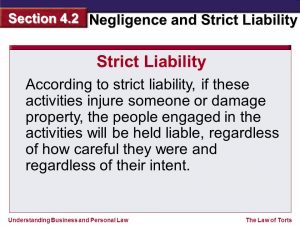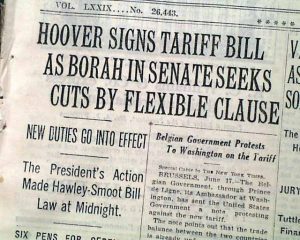I just watched a YouTube video about gambling banking and how it might incentivize people to increase their savings. I’ve written about gambling addiction and predatory loans recently and this video brought both of those topics to my mind.
It’s highly likely that my research for those articles led the YouTube algorithm to send me this new video. In any case, I found the idea of gambling banking to be quite interesting and thought you might as well.
The Human Mind Prefers Gambling Banking
The basic idea behind gambling banking is the human mind’s propensity to prefer a low chance with a high reward more than a high chance with a low reward. Studies seem to show, and my own personal experience with people confirms, that people much prefer these types of gambles.
As a quick example. When offered a choice between a 100% chance to win five dollars and a 1% chance to win $500, people almost universally choose the later. Obviously, the math shows an equal return of investment but the allure of the high reward is much greater.
The studies cited in the video went into great depth to figure out exactly where the general cutoff point is in these mathematical models. At what reward point do people take the small amount over the large? If you’d like to learn more about those things, watch the video as I’m not going to focus on it any more. I think the results are accurate and that’s what’s important.
What is Gambling Banking?
Now, knowing that people much prefer the low chance, high reward model; a test case was setup at a banking institution. If people put a certain amount or more in their savings account, there was a small chance the bank would match that amount.
The result, according to the video, was startling. Many, many more people started putting money in at the minimum level, let’s say $5000, than the bank saw in the past. This makes sense to me.
Why is Saving so Important?
The amount of money you save is a tremendously important factor when it comes to predatory loans. People who have enough to pay for a financial emergency, a few thousand dollars, don’t have to take out high-interest loans. Thus, they don’t get into financial trouble that plagues them for the rest of the lives.
A common reason people take out such loans are car repairs. If they can’t get to work, they lose their job. A short-term loan of a few thousand dollars makes financial sense. Sadly, these are the sort of people who the bank generally will not give loans because of their poor credit rating.
Do we need Government?
This is the part of the gambling banking plan that really attracted this Libertarian. No government necessary. If the banking institution become aware of this model and realize it will result in people putting more money in the bank, they will implement it completely on their own. Banks don’t need the government to tell them how to make money.
Downside
It’s important to recognize there are very few scenarios without some downside. In this case, if people are putting more of their discretionary money into banks rather than buying luxury items, there is less spent overall.
Still, this isn’t a huge deal as the money people put into banks doesn’t just sit there. It is loaned out to others who use it.
Conclusion
Interesting study, great idea. Let’s go!
Tom Liberman



















